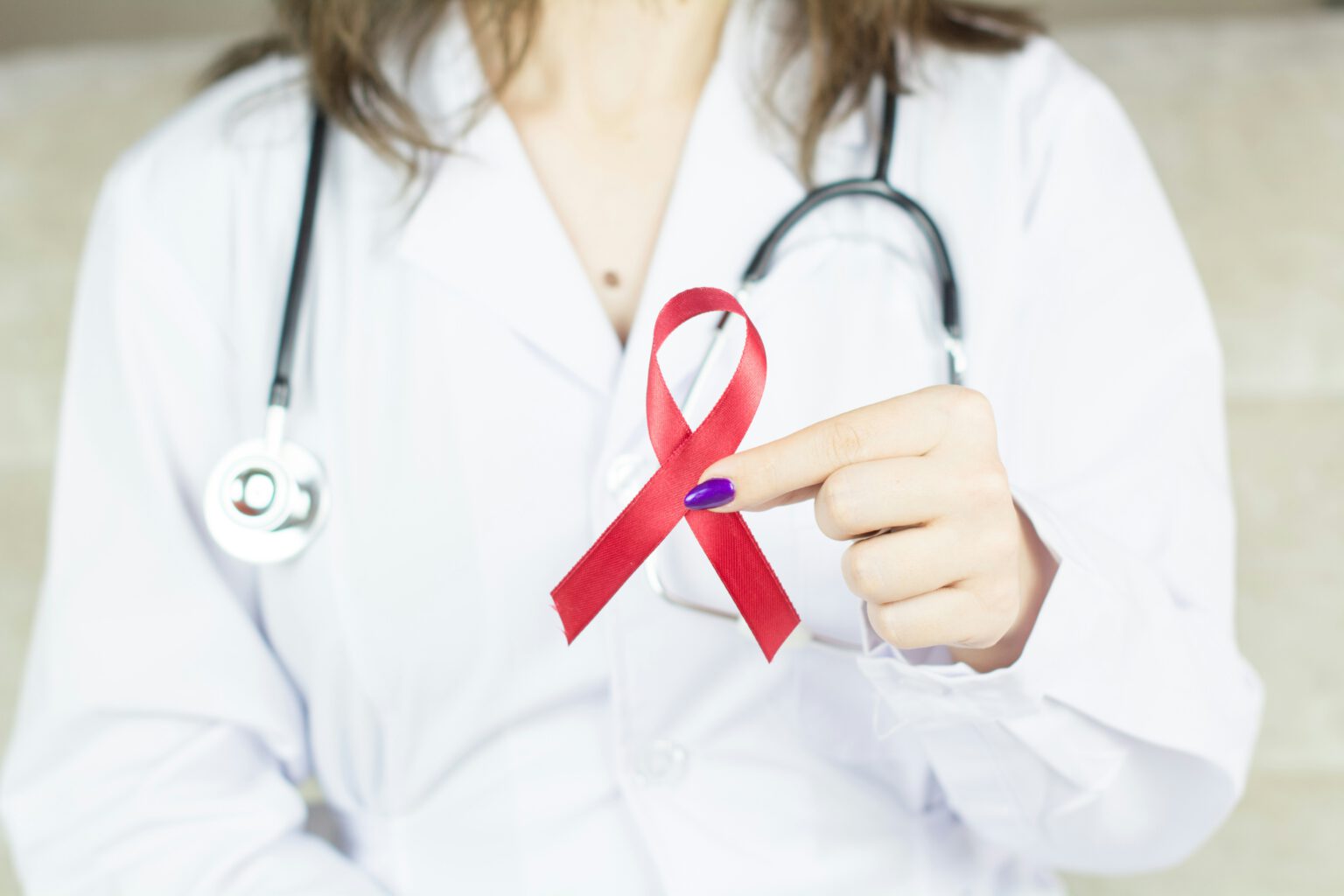The PEPFAR freeze: A dire threat to trans communities and the global HIV response

On 20 January 2025, US President Donald Trump signed Executive Order 14169, titled Reevaluating and Realigning United States Foreign Aid. The Order suspended all U.S. foreign assistance programmes, including the President’s Emergency Plan for AIDS Relief (PEPFAR) for 90 days to conduct a comprehensive review. The freeze, carried out by Secretary of State Marco Rubio, halted billions of dollars in funding for global health programmes, leaving millions without access to life-saving treatment and services.
A waiver that excludes trans communities and other key populations
The freeze on foreign aid sparked immediate international backlash, with civil society, healthcare authorities, and global leaders warning of severe consequences for millions relying on HIV treatment. The International AIDS Society (IAS) condemned the freeze, stating it jeopardises millions of lives and threatens decades of progress in the global HIV response. The freeze led to clinic closures and disruptions in African regions, Eastern Europe and Central Asia, while international figures, such as Bill Gates, urged the U.S. to maintain funding.
In response to the international backlash, Rubio signed a waiver on 29 January 2025, allowing a partial release of funds for humanitarian programmes, including life-saving medicine, medical services, food, shelter, and subsistence assistance. However, the waiver explicitly excludes funding for “gender or DEI ideology programmes,” abortion services, family planning, and trans-specific healthcare. While some HIV-related programmes may resume, trans-specific services remain in jeopardy.
The waiver further states:
“For purposes of this limited waiver, life-saving humanitarian assistance applies only to the delivery of life-saving HIV care and treatment services through support for health workers (doctors, nurses, and other clinical and community health workers, etc.). These workers deliver care at hospitals, primary healthcare clinics, faith-based clinics, and community settings.”
This vague definition creates uncertainty about whether PEPFAR-funded, community-led programmes for key populations will lose their funding or be forced to close.
Who is most at risk?
The freeze and its selective exemptions put the most marginalised communities at heightened risk, particularly key populations who are at the highest risk of HIV, including:
- Trans people
- Sex workers
- Men who have sex with men
- People who use drugs
- People in prison settings
Ultimately, it is the 20 million plus people living with HIV globally, those who rely on PEPFAR for antiretroviral therapy (ART), who will suffer the most. Treatment interruptions could lead to higher transmission rates, increased drug resistance, and preventable HIV-related deaths.
As history has shown, community-led programmes—such as the Tangerine Clinic in Bangkok—have had the greatest impact on the wellbeing of key populations. Why? Because key populations trust their peers far more than they trust the system. Community-led initiatives shape their services to meet the specific needs of marginalised groups, making them far more effective than traditional healthcare settings.
From a geopolitical perspective, people in regions where HIV infections have surged in recent years will be particularly affected. For instance, in Eastern Europe and Central Asia, HIV infections increased by 49 per cent between 2010 and 2022. This region relies heavily on community-led programmes to provide HIV services, particularly for trans people, sex workers, and other historically excluded populations. The freeze will disrupt critical HIV testing, prevention, and treatment services, putting millions of lives at risk.
The impact on trans communities
The PEPFAR funding freeze is a direct threat to trans lives. Many trans-led and trans-inclusive HIV programs depend on PEPFAR to provide PrEP, ART, harm reduction services, mental health support, and trans-specific healthcare, which are all proven to reduce HIV risk.
By deliberately excluding gender-related programs, this waiver jeopardises essential HIV services, worsening health disparities. Trans communities already face systemic discrimination in healthcare—this move makes HIV prevention and treatment even more inaccessible.
Calls to action
We call on governments, the private sector, healthcare authorities, civil society, philanthropic foundations and activists to take immediate action:
- Secure alternative funding for trans-specific HIV services
- Pressure the U.S. government to reverse the PEPFAR freeze and remove harmful exclusions
- Hold pharmaceutical companies accountable for ensuring affordable ART and PrEP access
- Strengthen global advocacy efforts to ensure that trans communities are not left behind
- Focus your efforts on further marginalised communities, such as trans sex workers, trans people who use drugs, and trans migrants, asylum seekers and refugees, especially those located in the EECA region and the Global South.
This isn’t just a funding cut, it’s a global health crisis. Without immediate intervention, millions will suffer, and trans lives will be further endangered. We remain committed to securing sustainable funding, equitable treatment access, and policies that protect trans health and rights.
What these executive orders and the PEPFAR freeze are pushing us into is a life-or-death situation for trans communities who rely on PEPFAR to survive.
We must act now.
Together for trans rights
We work with over 200 member organisations in over 50 countries across Europe and Central Asia to provide essential advocacy, trans community building, and research into trans issues. Your support and donations help us continue and expand our work.